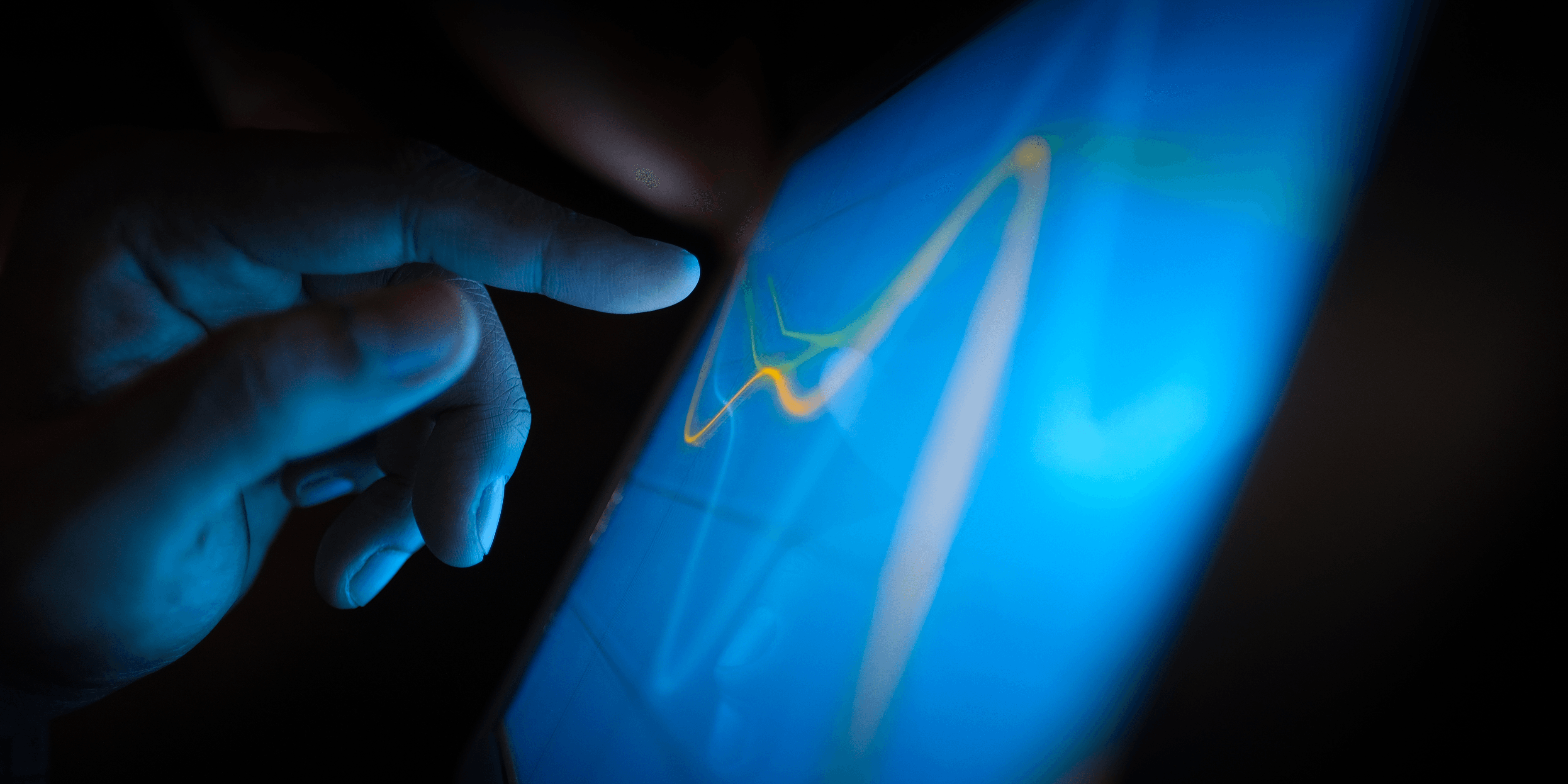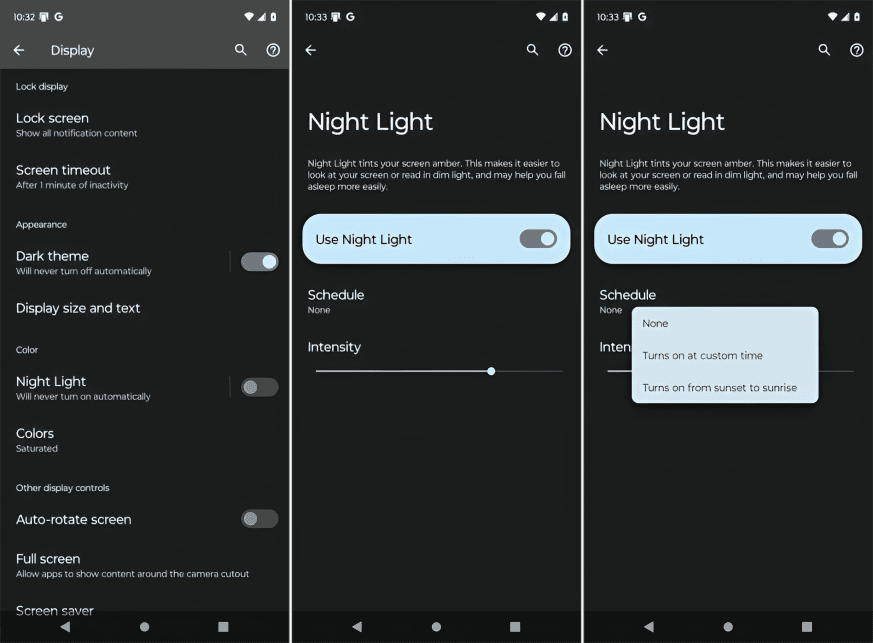
“
How blue light affects brain function & sleep has become a crucial topic as digital devices dominate our lives. Exposure to blue light, especially before bedtime, influences our brain’s alertness and melatonin production, which regulates sleep cycles. Understanding this impact helps improve cognitive function and ensures healthier rest. 1
1
”
The philosopher John Locke believed environmental stimuli shape mental processes; modern research shows blue light is a potent stimulus influencing brain alertness and sleep quality profoundly. 1
Blue light suppresses melatonin production, the hormone that signals the brain it's time to sleep, which delays the onset of restful sleep and affects overall sleep quality. 2

Exposure to blue light in the evening can increase brain activity in regions responsible for attention and reaction time, making it harder to wind down at night.
Blue light receptors in the eye stimulate the suprachiasmatic nucleus in the brain, the body’s internal clock, which regulates circadian rhythms and sleep-wake cycles. 3
Too much blue light exposure before sleep can cause delayed REM sleep, the phase critical for memory consolidation and emotional regulation. 4
Brain scans show that blue light exposure enhances cognitive functions such as alertness, memory, and mood during the daytime but negatively impacts sleep if exposure occurs at night. 5
Using devices that emit blue light, like smartphones or tablets, within two hours before bedtime often delays sleep onset, making it harder to fall asleep and disrupting natural sleep patterns. 6
Blue light affects brain chemicals like serotonin, which regulate mood and sleepiness, leading to changes in emotions and less feeling of restfulness in the evening. 7
The brain’s pineal gland responds to blue light by decreasing melatonin production, a hormone critical for signaling the body to prepare for sleep, disrupting natural cues needed for restful and timely slumber. 8
Evening blue light exposure can shift the internal circadian clock, causing delayed sleep phase syndrome, especially in teens and young adults who struggle to fall asleep early. 9

Limiting blue light exposure before bedtime, through methods such as screen filters or enabling “night mode” settings on devices, has been shown to improve the time it takes to fall asleep.
The brain’s prefrontal cortex, which governs decision-making and impulse control, becomes less effective following sleep deprivation caused by blue light exposure, impairing judgment. 10
Research indicates that individuals exposed to blue light late at night experience more fragmented sleep patterns and a reduction in total sleep duration, which can negatively impact overall health. 11
Sensitivity to blue light’s disruptive effects on sleep varies with age; older adults tend to be more vulnerable to its interference, often experiencing greater disturbances in their natural sleep-wake cycles. 12
Blue light impacts brain glucose metabolism during evening hours, which can reduce cognitive performance and alertness the following day if it leads to insufficient or poor-quality sleep. 13

Wearing blue light blocking glasses in the evening has been demonstrated to protect brain function by increasing melatonin levels, resulting in improved sleep quality and more restorative rest.
In the brain, blue light activates intrinsically photosensitive retinal ganglion cells (ipRGCs) that directly communicate with circadian centers, influencing the release of sleep-related hormones. 14
Exposure to blue light before bedtime reduces slow-wave sleep, the deepest and most restorative phase of sleep, which is essential for physical recovery and mental restoration 15
The philosopher René Descartes emphasized the mind-body connection; today, we understand blue light affects this balance by altering sleep patterns and cognitive performance. 16
Reducing blue light exposure in the evening helps preserve natural circadian rhythms, allowing the brain to achieve deeper sleep and improved cognitive function.17


